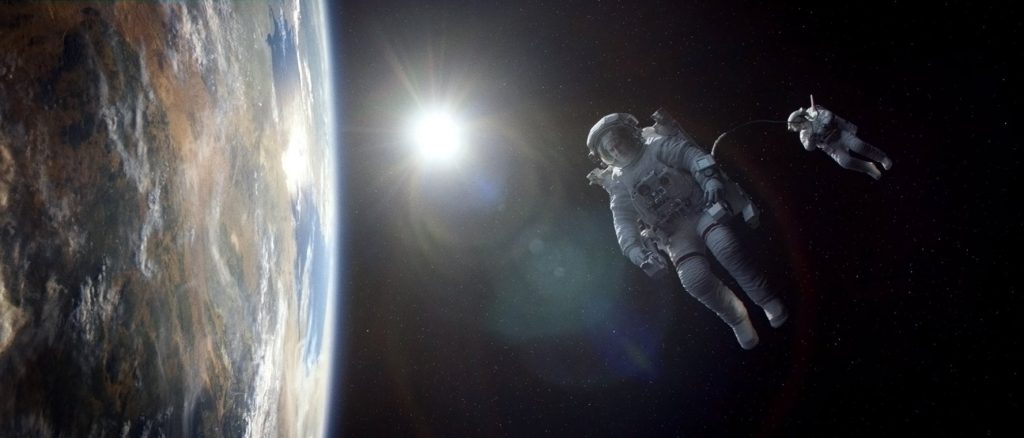If the universe is full of stars, the light from all those stars should make the night sky bright. However, even those photographed by astronauts on the Moon during the day were black. Let's try to understand why.
How can the night sky appear dark despite the infinite number of stars in the universe? In other words, why is space black? That's the question German astronomer Heinrich Wilhelm Olbers asked himself in 1826. If your answer is “Because there is no sun,” then you're on the wrong track. As can also be seen from photos taken by astronauts on the Moon, the sky appears black even during the day, and this also happens to those on board the International Space Station. Let's try to answer this question by thinking a little.
Olbers's paradox is that space is black

The brightest minds in science have tried to answer this question. From Kepler to Bentley, Even Haley Indeed, Olbers. They started from the assumption: “If the universe is infinite and full of stars, then their light, taken together, should greatly illuminate the night sky.” But our daily lives tell us something else.” This statement has gone down in history as Olbers' paradox, but it took a hundred years before scientists of the caliber of Einstein and Hubble revolutionized the way we conceptualize the universe.
Edwin Hubble: “Space is expanding”
Edwin Hubble was the first to understand that the universe is expanding and that it arose from what we call the Big Bang. To this, Einstein added his theory of relativity, indicating that the age of the universe is not only about 15 billion years, but that stars are constantly forming and that their light reaches us at a certain speed, which is not infinite. Therefore, there are many stars that we have not seen yet because their light has not yet reached us. Therefore it cannot make the sky bright at night.
Expansion of the universe
Over the years we have come to understand that not only are galaxies and stars moving away from each other, but the same effect occurs with the wavelength of light that occurs with sound when an ambulance passes by and we hear the sound of its siren when it is near, more dangerous than ever as it moves away. This is called the Doppler effect, which we told you about here.
Red shift
For light, the effect is a shift toward red, which is called redshift. In practice, as light moves farther away, it becomes less visible to us, bordering on infrared, and invisible to the human eye. We don't see a bright sky at night because we simply can't see all the stars that make it up. We can only observe a very small part of it. It just depends on our atmosphere whether we have blue skies during the day.

“Internet trailblazer. Travelaholic. Passionate social media evangelist. Tv advocate.”






More Stories
Humanity will have to leave Earth in order not to become extinct. This is a terrible future
If you want to improve your gut health, include these 8 foods in your daily diet (not just miso).
The comet’s star is visible to the naked eye after a few months. “A show you can’t miss.”